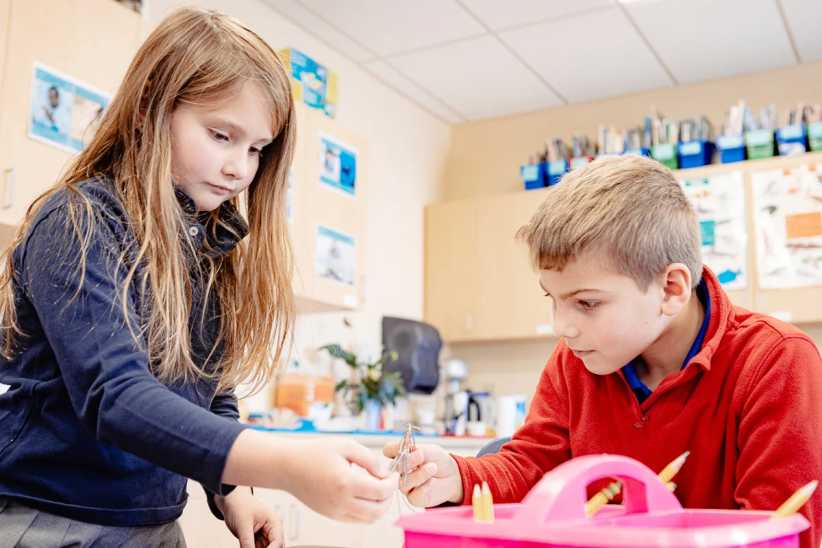Is it really worth the time, energy, and money to take your children to a live concert? A music therapist explains how live music helps young kids develop social skills, listening skills, motor skills, and more.
 Live music is a wonderful activity for the whole family to share together, but it is also good for a child’s development in many ways. While some of these benefits may seem obvious, they often need our conscious attention in order to enhance the experience for our young children and students.
Live music is a wonderful activity for the whole family to share together, but it is also good for a child’s development in many ways. While some of these benefits may seem obvious, they often need our conscious attention in order to enhance the experience for our young children and students.
Live Music Is Social
Music performances are social experiences in which a group of people comes together to listen to a concert. The audience and musicians have a shared history of being together for that particular show. And live music performances are each a unique expression made just for that audience on that day.
Live Music Is Inspiring
Music concerts are opportunities for children to experience and be inspired by the magic of music being made right in front of them. In an article published by the National Association for the Education of Young Children titled Theater, Live Music, and Dance Conversations about Young Audiences, musician Cathy Fink writes that many young children do not realize that what they hear on the iPod or CD is a recording of actual people playing musical instruments together. Seeing and hearing actual people creating beautiful sounds is inspiring, uplifting, and magical.
Live Music Teaches Listening Skills
Live music teaches children how to listen. With an abundance of distraction and stimulation in our lives, being able to focus on people making music for 30 to 75 minutes helps us appreciate the act of just listening. Kids can improve their listening skills by practicing listening to the small nuances in the music. Really listening to music is not a passive activity. Active listening means that children are focused and engaged in the music, listening to the lyrics and instrumental passages, singing and dancing when appropriate, and letting their imaginations be carried away by the music.
Active Involvement in Music Is Good for You
Kids like to try what they see and what moves them. Many children try to replicate the music they’ve heard and seen being made during pretend playtime. According to Kidshealth.org, research shows that kids who are actively involved in music (who play it or sing it regularly):
• do better in reading and math when they start school
• are better able to focus and control their bodies
• play better with others and have higher self-esteem
Live Music Just Sounds Better!
And lastly, live music just sounds better than recorded music. Children will be amazed by the magic of hearing and seeing music being made right in front of them. Feeling the vibrations of the instruments, watching a person creating the music in real time, the shared experience with fellow audience members and the feeling that this is happening “now” and for “me” make the live music experience extremely special. Children will feel inspired, energized, transported, and excited by participating in this uniquely human activity. And it will help them develop and grow. So go to a concert, folks, and bring the kids!
Jeffrey Friedberg, MA, MT-BC, is a certified music therapist and award-winning children’s musician who performs with the Rockland County-based Bossy Frog Band. Friedberg received his MA in music therapy from NYU and has 15 years experience as a music therapist. He has more than 30 years experience performing as a professional musician. As part of the Bossy Frog Band, Friedberg sings and plays banjo, guitar, saxophone, flute, harmonica, and piano.
Also see:
How to Make the Most of Your Child’s Live Music Experience
Ask the Expert: Can Music Improve My Child’s Reading Skills?



















